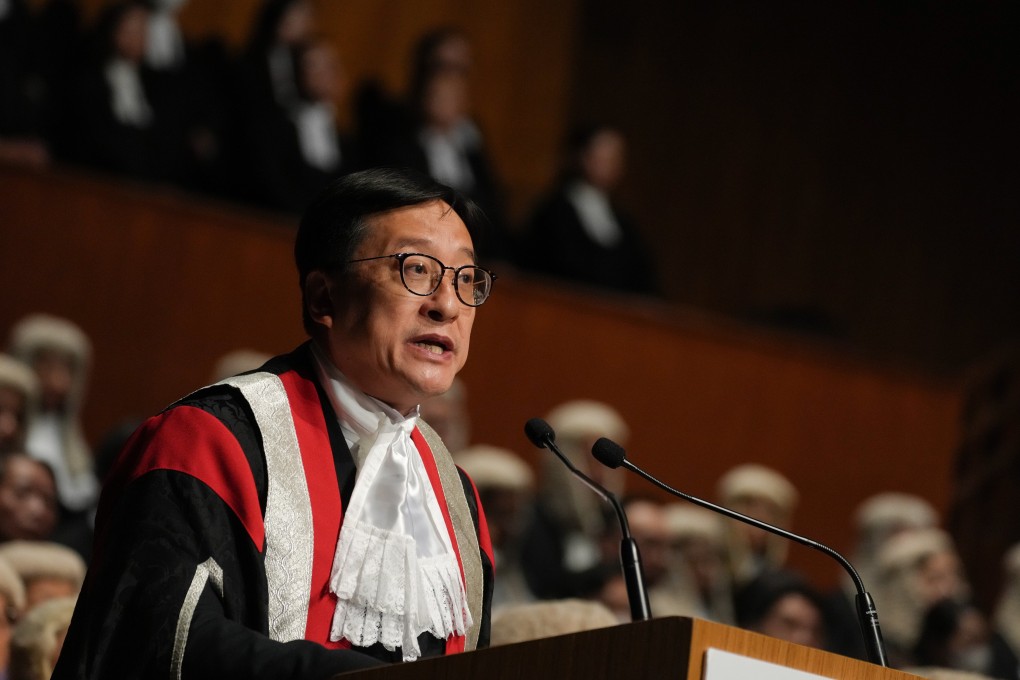Hong Kong courts will make ‘red lines’ on national security clear through decisions on cases, outgoing Law Society president says
- Chan Chak-ming, to stand down after three terms as Law Society president, adds NGOs better placed to ease overseas fears about national security laws
- Chan says there is no ‘magic’ to change city’s image overnight, but government and society should work to achieve goal

It will take time for Hong Kong’s courts to draw clear red lines on “complicated” national security legislation through future decisions, the Law Society president has said as he prepares to step down from the prestigious post.
Chan Chak-ming, a three-term president of the city’s biggest lawyers’ group, added that he believed NGOs were more persuasive than government officials in telling the story of national security legislation to overseas audiences.
Chan said in an interview with the Post that he had noticed some residents had a perception that they “couldn’t say anything” under Hong Kong’s two national security laws despite freedom of speech being enshrined in the Basic Law, the city’s mini-constitution.
“They think that even if they criticise the government slightly, they’ll be arrested. And that is obviously not true.